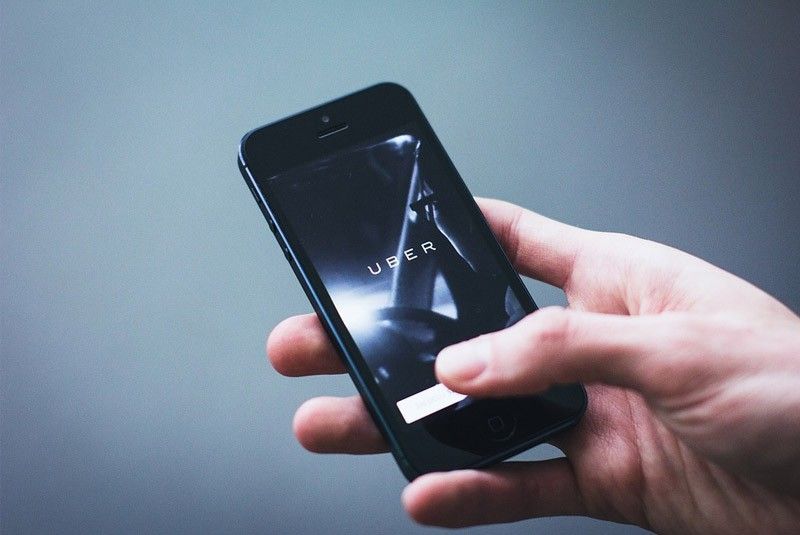Commuters ask: What does Grab's takeover of Uber mean for us?

MANILA, Philippines — Starting next month, Filipinos will only have Singapore-based Grab to use for ride-sharing as it acquires the operations of longtime rival Uber.
Grab and Uber were seen as an alternative to the many inconveniences on the road. But some commuters are worried about the impending takeover, citing differences in services of the two companies.
Will fares be fair?
Therese Carillo, an Uber rider, said she finds Grab rides more expensive than Uber's, particularly during peak hours. When in a hurry, Carillo opens both apps to compare prices before booking.
"Without competition, Grab drivers can now increase their prices because they know they're now the last resort of consumers... The quality of their service may also lessen," she told Philstar.com.
In 2016, however, the LTFRB put a limit on the transport apps' surge prices. This lowered the maximum fare to twice the rates for time covered and distance traveled. Before this order, surge prices could climb up to four times.
The prices were then affected by the LTFRB's imposition of a cap of 66,750 combined units for both the companies.
Grab Philippines said the calculation of fare upon its complete takeover on April 8 will not change and will still depend on supply and demand.
Since Uber units will eventually expand Grab's supply, there is reason to look forward to lower rates. The rates after all are based on the availability of drivers and the number of app users in an area.
What about the experience?
Other commuters who prefer one service over another are optimistic about the change.
Angelica Gorospe, a Grab user, uses both apps almost weekly especially if she has to go home late at night.
Gorospe said she's happy with the transition. While she also found that the services of Uber drivers were more affordable, she would still use Grab.
"When I booked Uber last time, the driver accidentally went for the wrong route. The fare was only supposed to be P94. But when we got to my house, the fare got higher because he took a longer route. It was not my fault, it was his fault," she said.
Gorospe added that she approves of the combined Grab and Uber "as long as the policies of Grab will prevail," referring to its fixed rate upon booking.
Other riders, meanwhile, preferred Uber's service wherein drivers accept requests for rides without seeing the destination. Grab, in contrast, takes the concept "ride-sharing" more literally in allowing drivers to choose requests and routes.
Sana same nadin ng grab ang uber. Yung HINDI NKIKITA ANG DESTINATION HANGGAT WALA PA UNG CUSTOMER. Grab drivers kc namimili. Walang pinagkaiba sa regular taxi drivers
— paul (@ptpernia12) March 26, 2018
At walang namimili. I booked a ride from Bgc to Antipolo, uber ang una pumick up. Grab pag alam nila na malayo, di ka pa papansinin
— Julio Makangkage (@JMakangkage) March 26, 2018
In the past, both services adjusted its policies in response to complaints and concerns reported on the app. They also rewarded drivers favored by riders the most.
"The most important thing is the same—you can book your daily rides easily, on-demand and choose the transport service you prefer, whether car or taxi," Grab Philippines' statement read.
- Latest
- Trending





























